Pelagic Fisheries Lab
est. 2011
Explore the Pelagic Fisheries Lab!
What do we do?
The overall research goal of the Pelagic Fisheries Lab is to get a better understanding of the life history of highly migratory species, particularly in the Northwest Atlantic. Although we conduct research on several highly migratory species such as tunas, sharks, and billfish, our primary focus is on true tunas, specifically Atlantic bluefin tuna.
We collect biological samples from June to December every year during the commercial fishing season. Our research would not, and could not, be possible if it were not for the local fishermen, dealers, and tournaments who donate the necessary biological samples needed to help us answer various research questions.

We Strive to…
Highly Migratory Species Research
Highly migratory species are among the world’s most sought-after fish, yet large parts of their life histories remain unknown. Even simple attributes such as longevity (how long-lived these species can be), reproduction (when, where, and how they reproduce), and stock structure (where the fish spawned) remain elusive. These remain questions largely because of their size and ability to cross entire oceans and the political boundaries within them. The Pelagic Fisheries Lab provides the biological information needed to improve stock status estimates, set appropriate quotas, ensure long-term sustainability, and preserve commercial and recreational fishing opportunities for these species.


